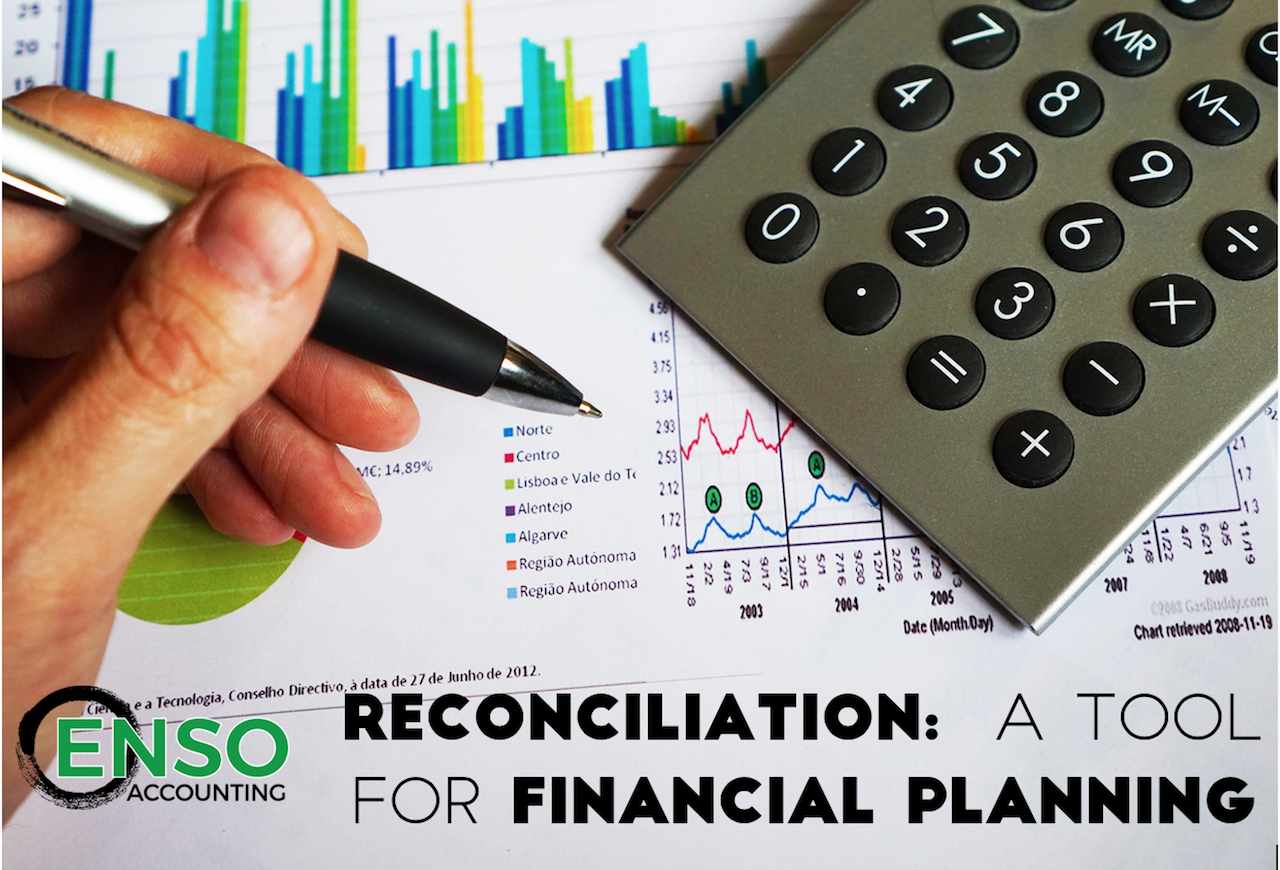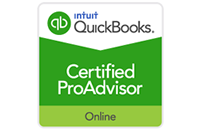While balancing checkbooks is a thing of the past (for most of us), reconciling your expenses is still an important practice, whether you’re running a business or a household. By comparing transactions to financial statements, you can get ahead of potential accounting issues. Fortunately, reconciliation is easier than ever thanks to innovations in software and online resources. Here’s what you need to know to stop on top of things:
Why you should reconcile…every month.
Cross-checking your transactions and balances is the key to avoiding expensive fees you can incur if you overdraft from your bank account or exceed your credit card limit. Often times, people maintain specific accounts for everyday expenses, so you need to know how much to keep available. How can you do that without some sort of tracking mechanism in place?
Additionally, if there are any errors, such as duplicate charges and/or fraudulent activities, you can discover them sooner than later. While most credit card companies and banks will allow you to dispute suspicious activity, launching an investigation and correcting your account becomes more difficult the longer you wait to start the process. In some cases, individuals will use your financial information over and over again, if not caught, resulting in the loss of thousands of dollars. It’s often impossible to decipher between all of the fraudulent charges, keeping complete recovery out of reach. If you reconcile your accounts monthly, though, spotting inconsistencies becomes much easier.
Use the tools available to you.
Thanks to personal finance software systems like QuickBooks, you can reconcile your accounts without the endless paper trail of receipts, check registers, and bank/credit card statements. Most of them have a reconciliation feature that allows you to compile a list of expenses for the past month and check them off after they clear when compared to your online banking/credit card accounts. They also allow you separate pending charges (like checks) along with service fees from ATMS and other banking institutions. You may need to add in credits from payments that haven’t been cleared through your bank yet, as well as interest received, but that’s a fairly simple inclusion. If you find at any point, that the ending statement amount doesn’t match your banking/credit balance, then you need to contact the financial institution in question immediately. The nice thing, though, is that you have a complete, organized, electronic record to share with them. That way, you’re both on the same page when referencing the dispute and it’s readily available when you need it (including during next year’s tax season). Once you find the source of the inconsistency, you can correct it to make a full reconciliation.
As a full-service accounting firm, Enso Accounting will help give you the tools needed to manage your finances. Reconciliation is just one piece of the overall puzzle, but it doesn’t have to be difficult! Once you’ve accounted for funds, you can better budget, identify cash flow problems, and create a plan for the future. Allow us to implement innovative solutions—we can even provide training—so you can spend more time on the bigger picture. Call us today to find out how!




